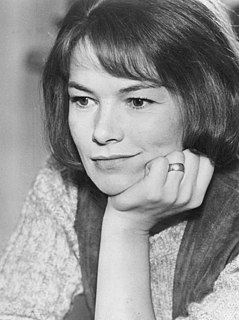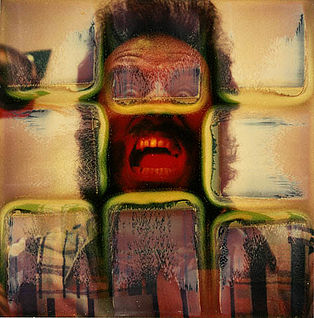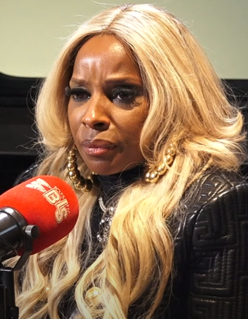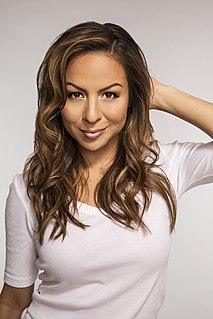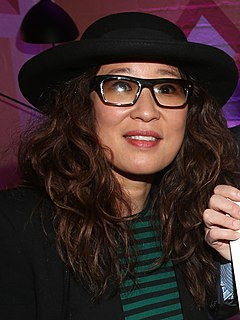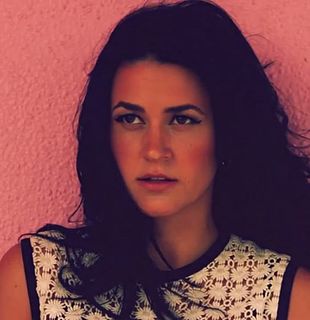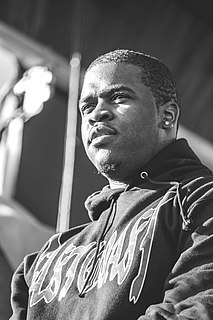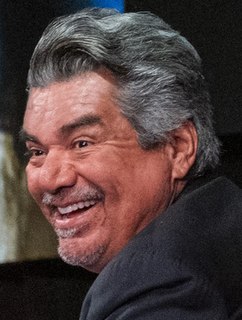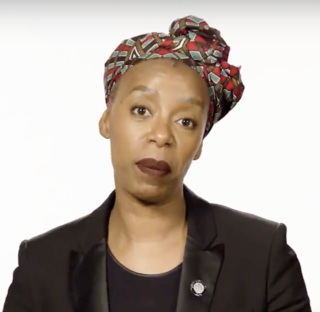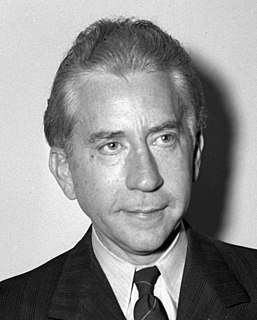A Quote by Glenda Jackson
I can't actually see myself putting make-up on my face at the age of sixty, but I can see myself going on a camel train to Samarkand.
Related Quotes
Putting myself into categories is fun, and I think it also gives me insight into my own nature. When I see myself more clearly, I can more easily see ways that I might do things differently, to make myself happier. Categories can be unhelpful, however, when they become too all-defining, or when they become an excuse.
...I started photographing myself, and found that I could see portions of myself that I had never seen before. Since I face just my face in the mirror, I know pretty much what it's like. When I see a side-view I'm not used to it, and find it peculiar... So, photographing myself and discovering unknown territories of my surface self causes an interesting psychological confrontation.
If I'm going to be the best in what I do, I have to study what I'm doing, I have to see what I'm doing. I have to see it, I have to hear it. I'm just starting to appreciate myself - not starting, but appreciating myself in a way where I can look at myself back in a movie or listen to myself as much as I do now.
You know, you walk through this hotel, you're not going to see all white people; you're not going to see all black people; you're going to see what the world looks like. I promised myself that if I ever got an opportunity where I would be able to make a difference and have a say, that I would want to deliver [that] message [of inclusivity].
I live with myself. I wake up with myself, I eat, and I take a dump with myself. I don't see anything special there. I do all the same things other human beings and creatures do. I don't see any need to be telling the data of the day of this particular human being by posting it on online. It's not interesting to me.
But the reason I call myself by my childhood name is to remind myself that a scientist must also be absolutely like a child. If he sees a thing, he must say that he sees it, whether it was what he thought he was going to see or not. See first, think later, then test. But always see first. Otherwise you will only see what you were expecting.
